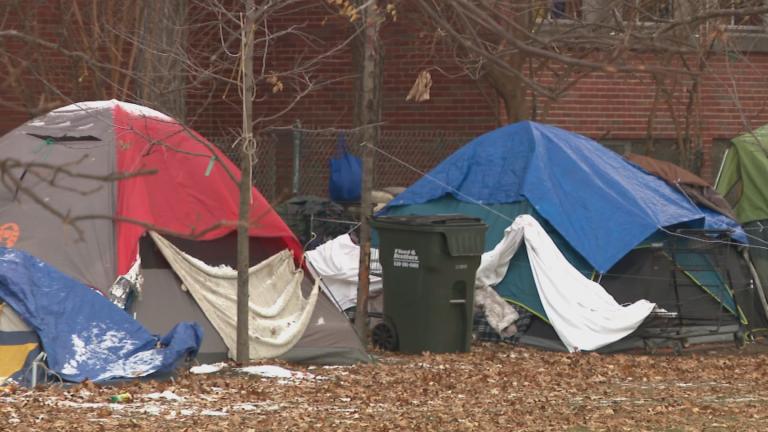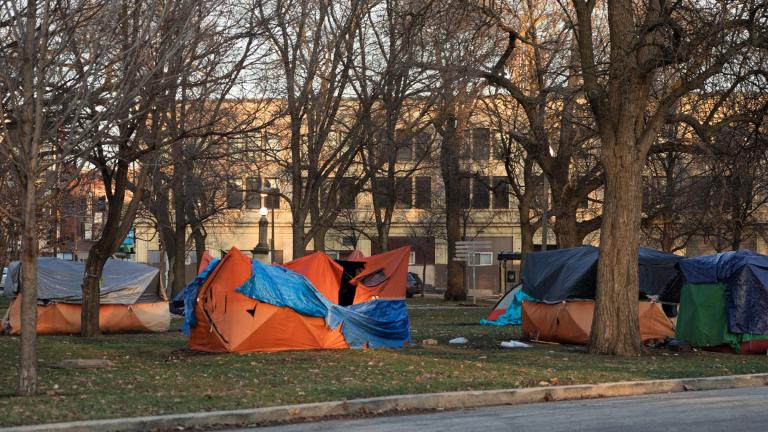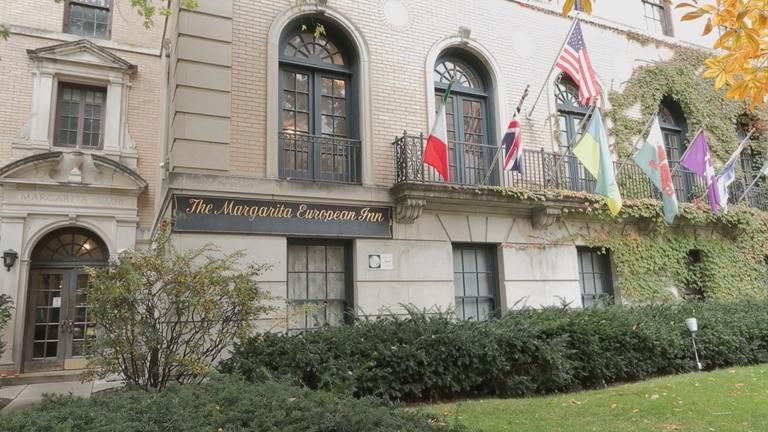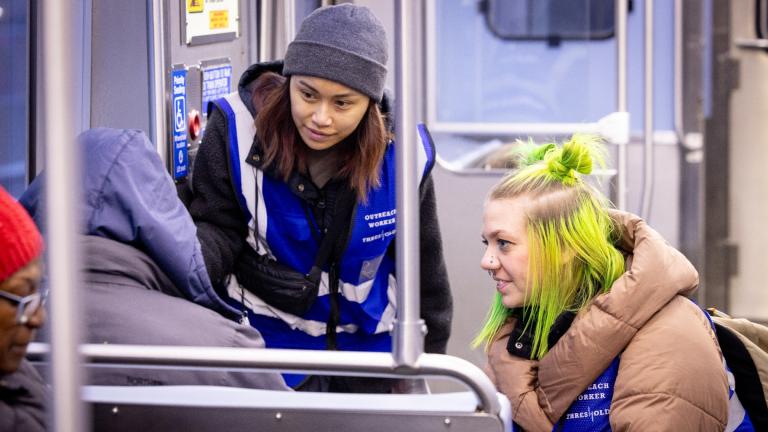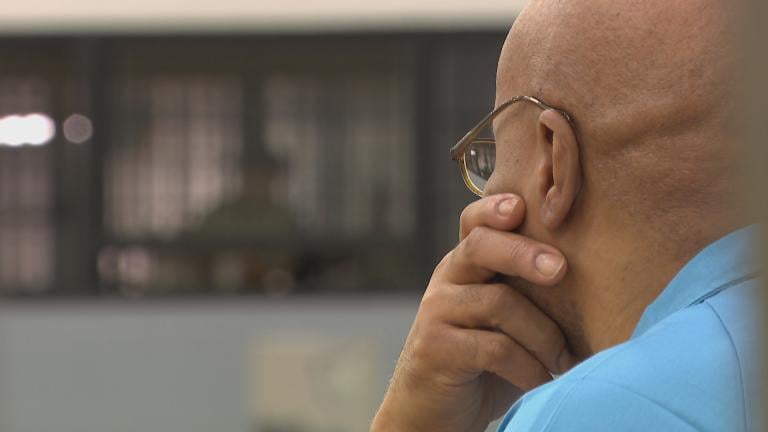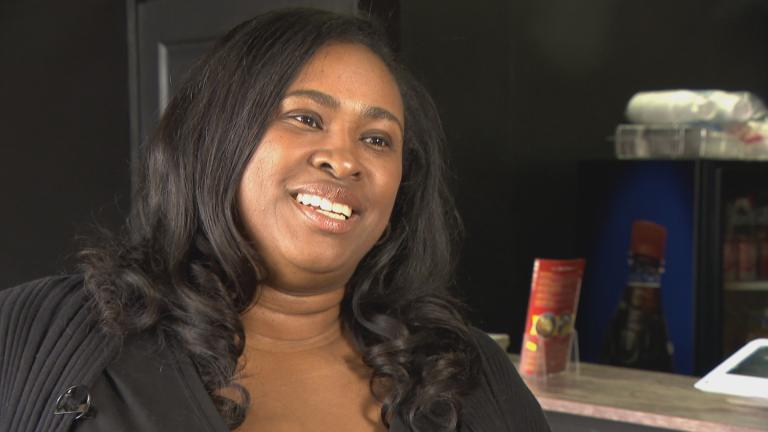Suburban poverty has skyrocketed in recent years.
WTTW’s new documentary series “Firsthand: Living in Poverty” explores the issue through the story of Gary Ladehoff, of Zion, as he seeks out new employment, looks for reliable transportation and takes care of his young daughter.
The series shows Ladehoff dealing with a workplace injury and struggling to pay bills and find a permanent home.
“It’s literally paycheck to paycheck,” Ladehoff said. “After rent, phone bill, diapers for my kid, wipes, the money just gets accounted for right away.”
Ladehoff’s story is not uncommon.
“It’s a huge misconception that poverty is an urban issue,” said Maggie Morales, executive director of the Lake County Community Foundation. “It’s not concentrated in one particular area … the suburbanization of poverty creates the very issues that Gary is experiencing on a daily basis, with trying to secure employment and access proper transportation to get to and from and work.”
The trend is especially apparent in Lake County, where Morales’ group is based. The area is home to wealthy suburbs like Lake Forest and Highland Park, as well as lower-income cities like Waukegan and Zion.
“There’s a 14-year difference in life expectancy between (Lake Bluff) and one of our poorest communities, North Chicago. That’s the stuff that we’re really working to address, because your zip code should not dictate your future,” Morales said.”
Ladehoff hopes to share his story through the “Firsthand” series — especially when it comes to overcoming addiction.
“It’s not easy at all, you’ve got to want it. I had so many people reach out, try to help me, and I never got myself clean until I genuinely wanted to do it,” he said. “My advice is … take any help that’s being offered to you. There’s people out there that will genuinely help you.”

